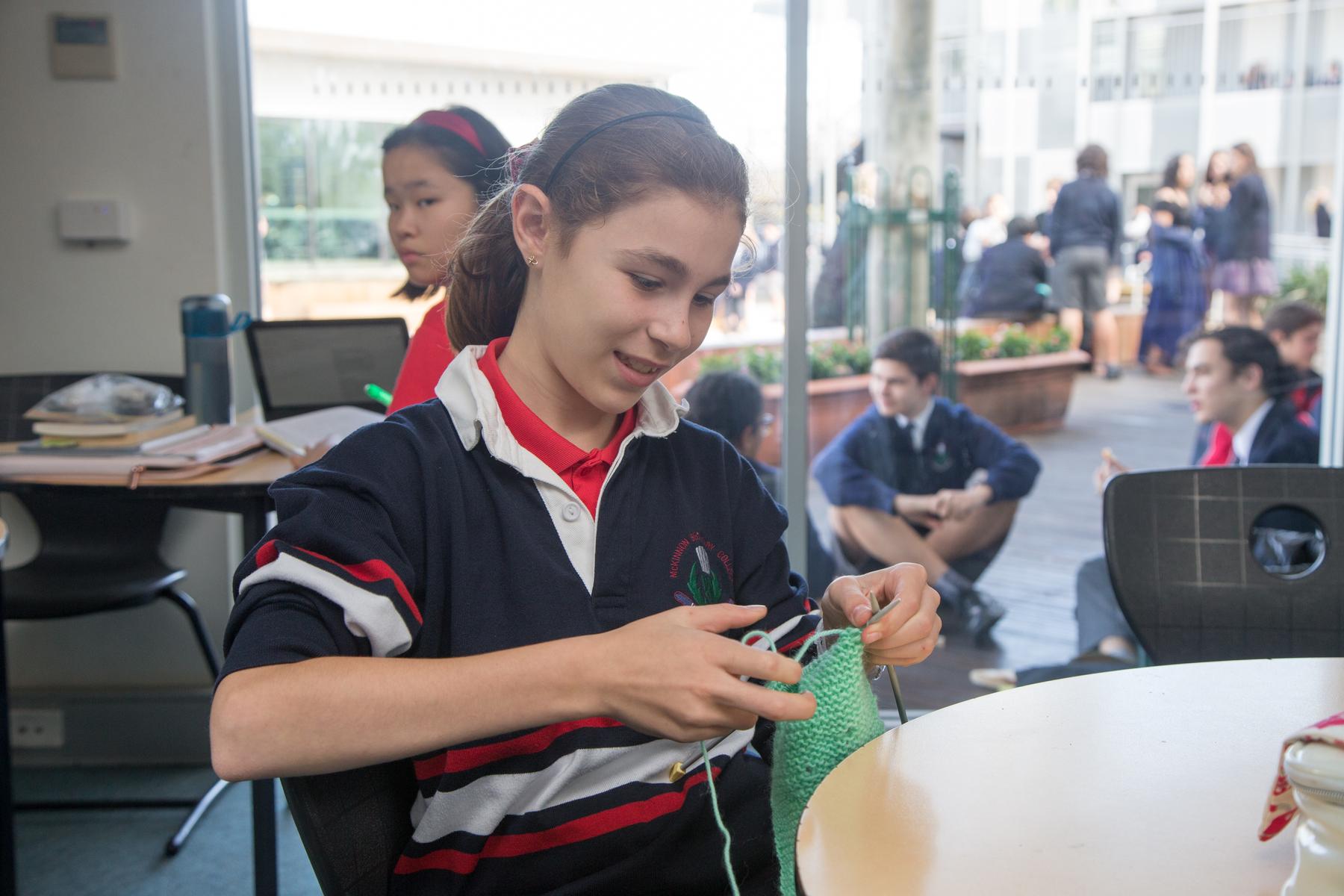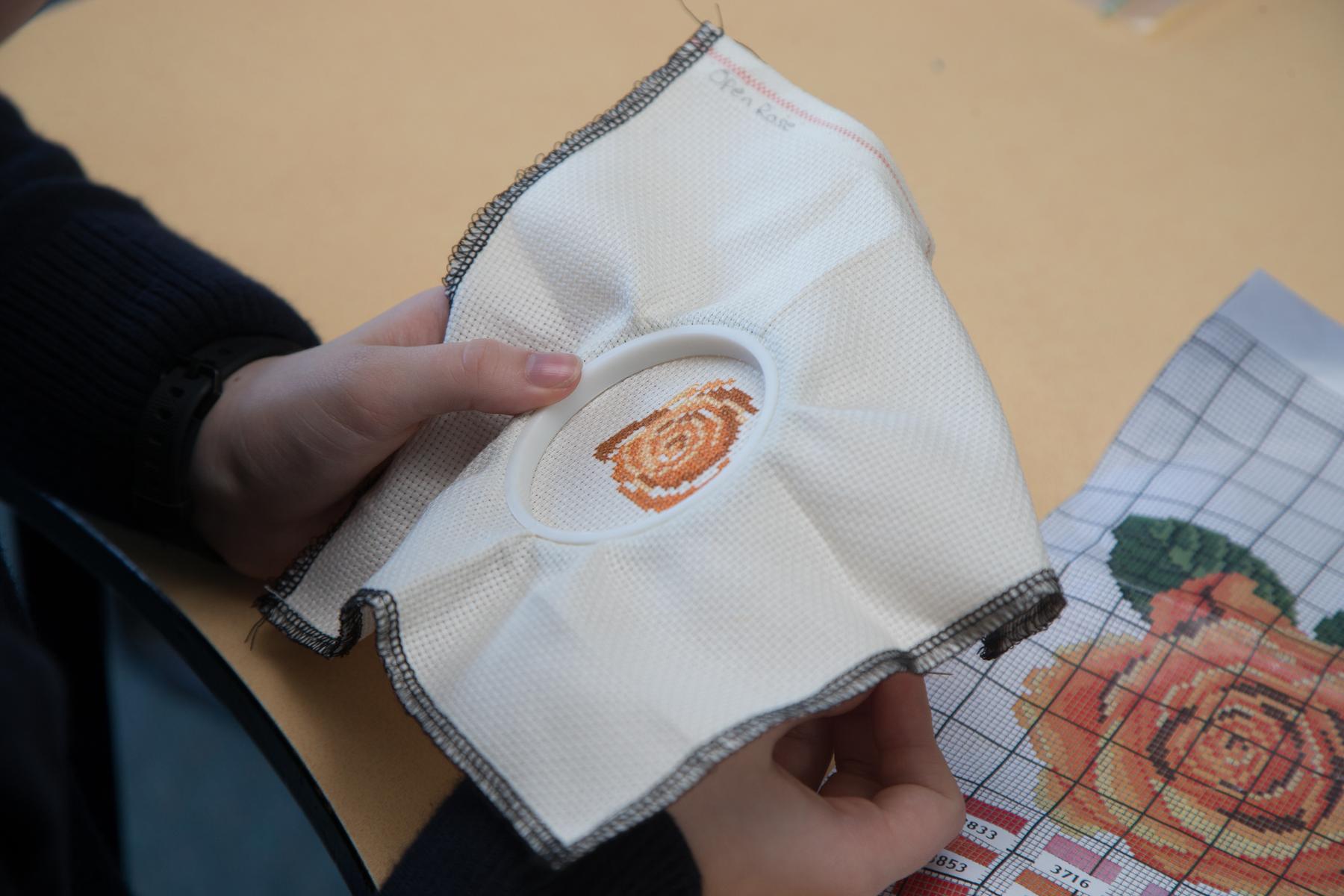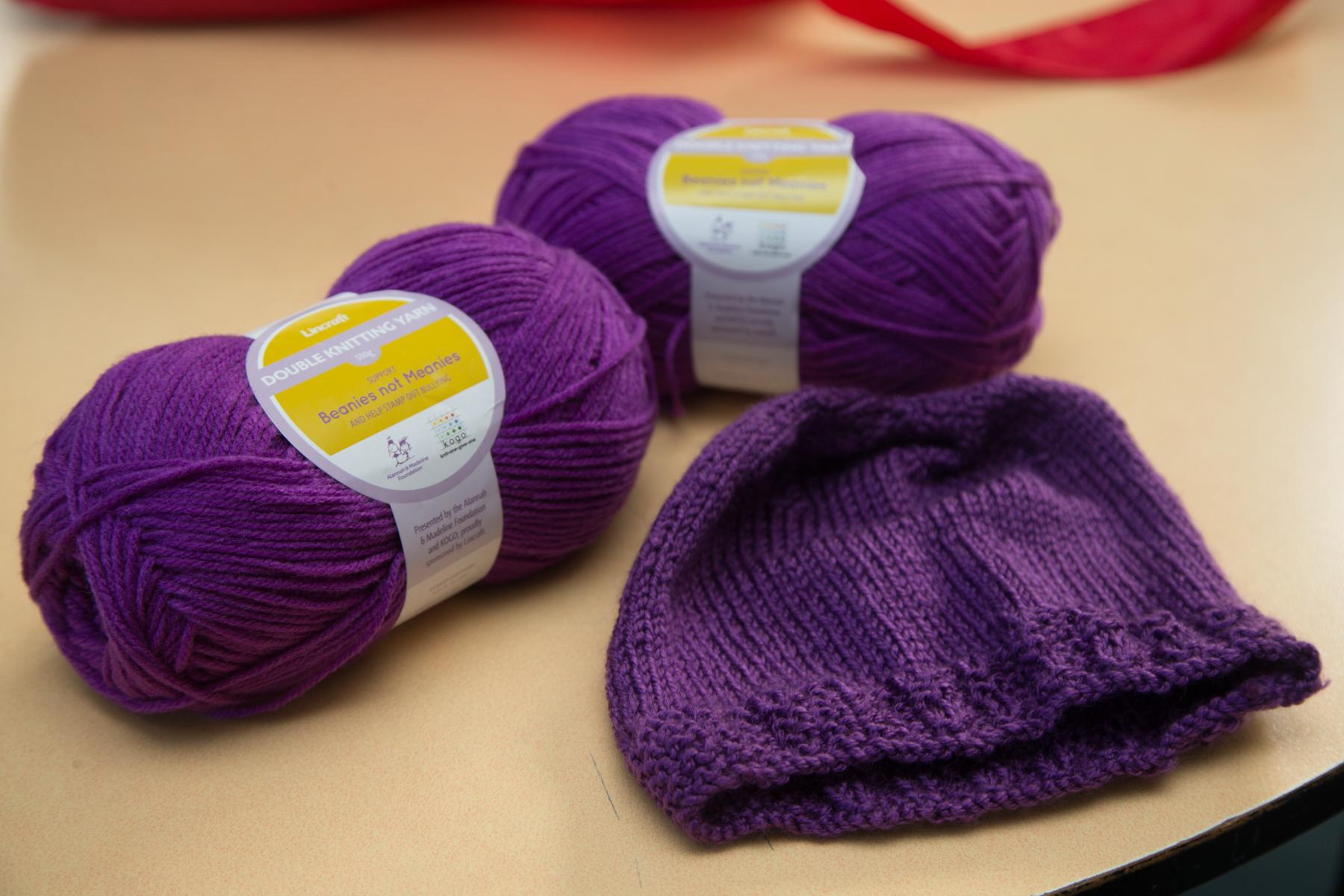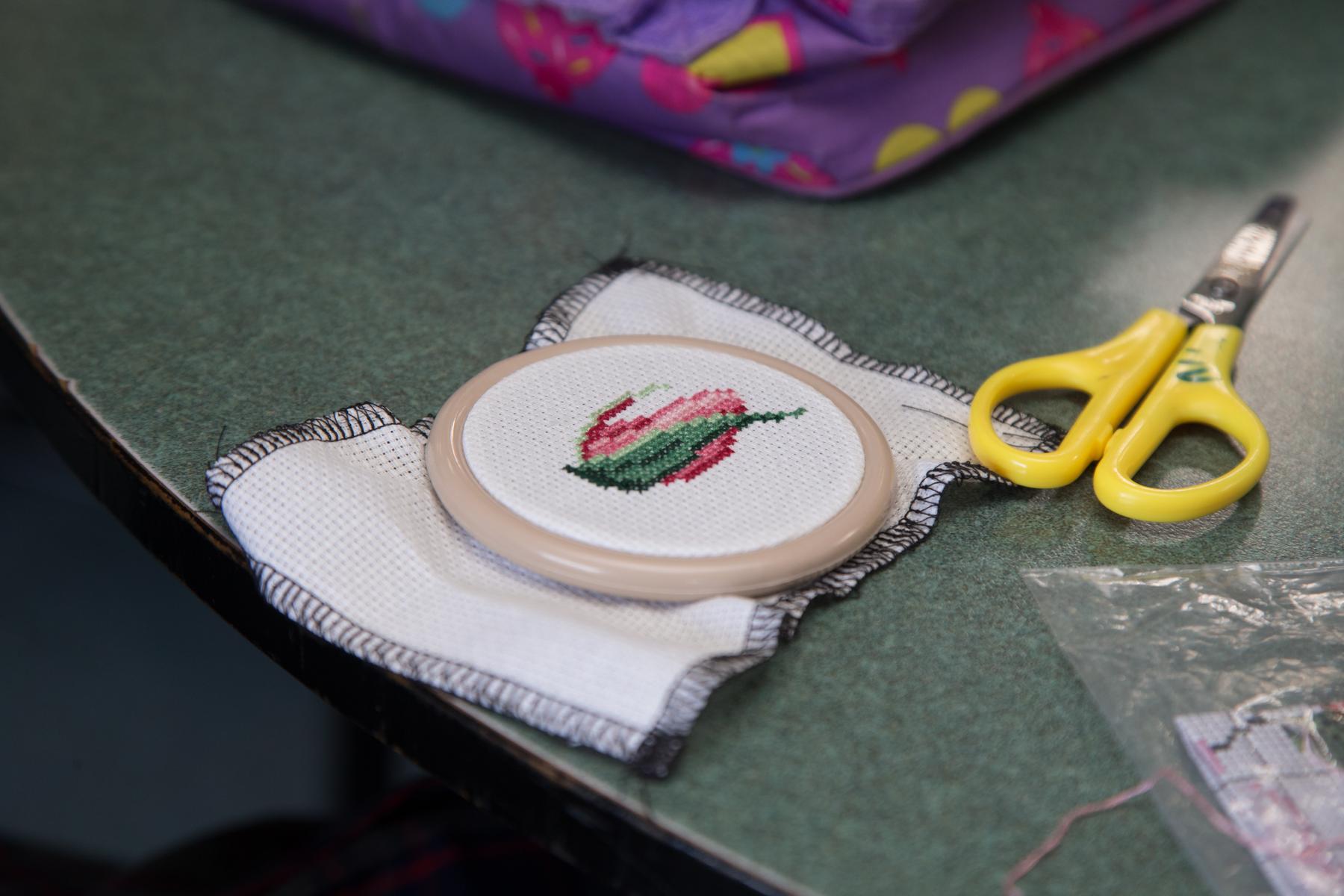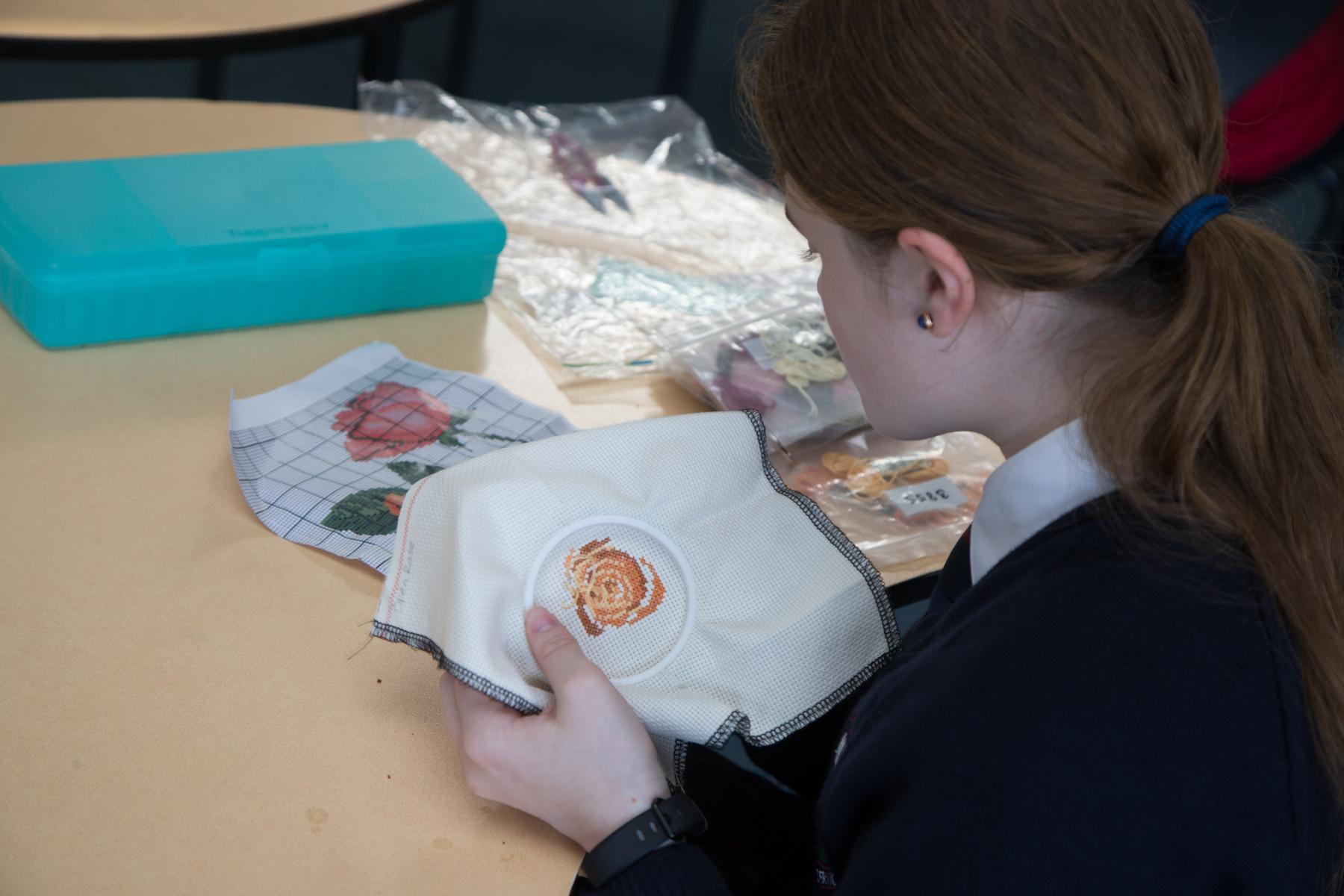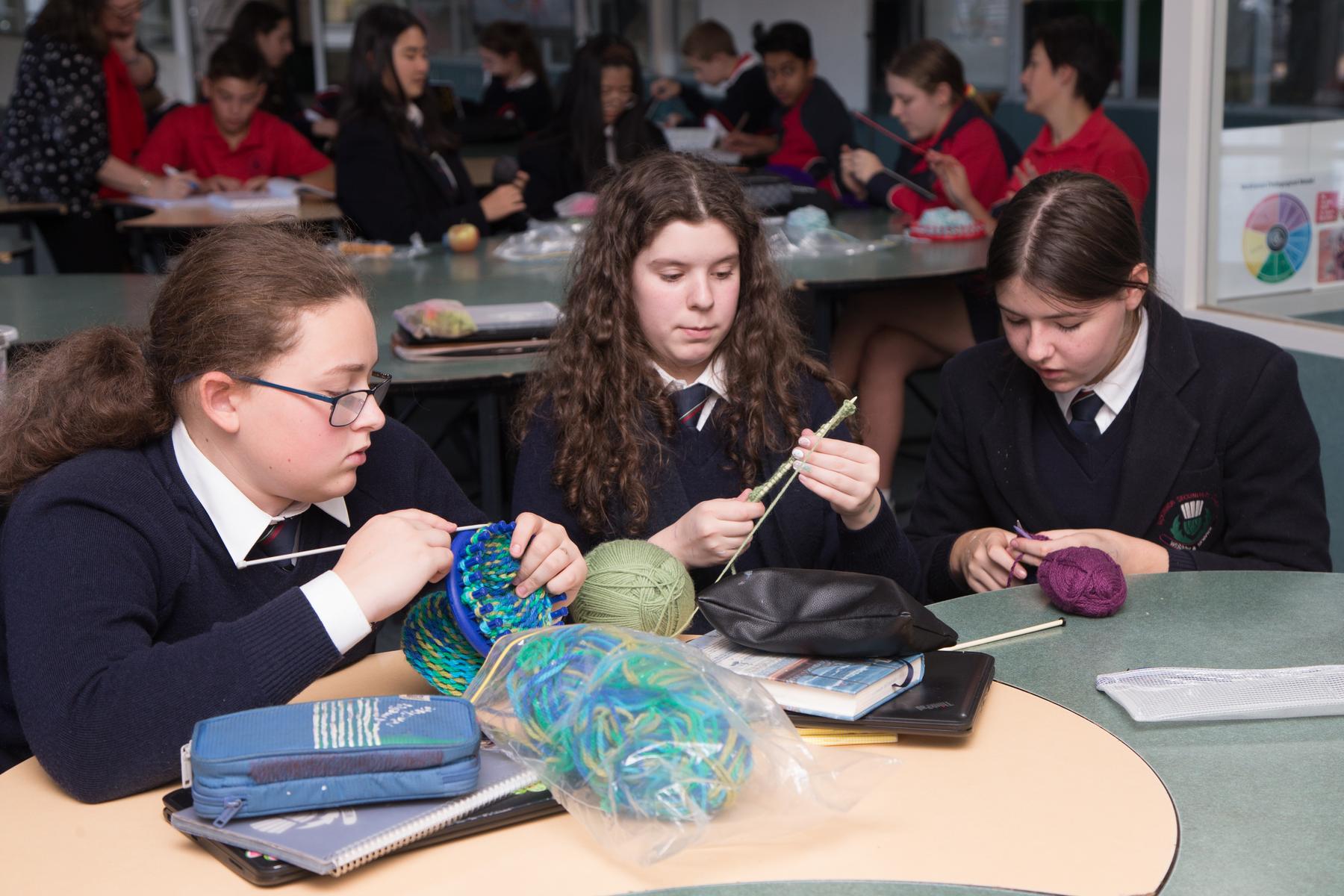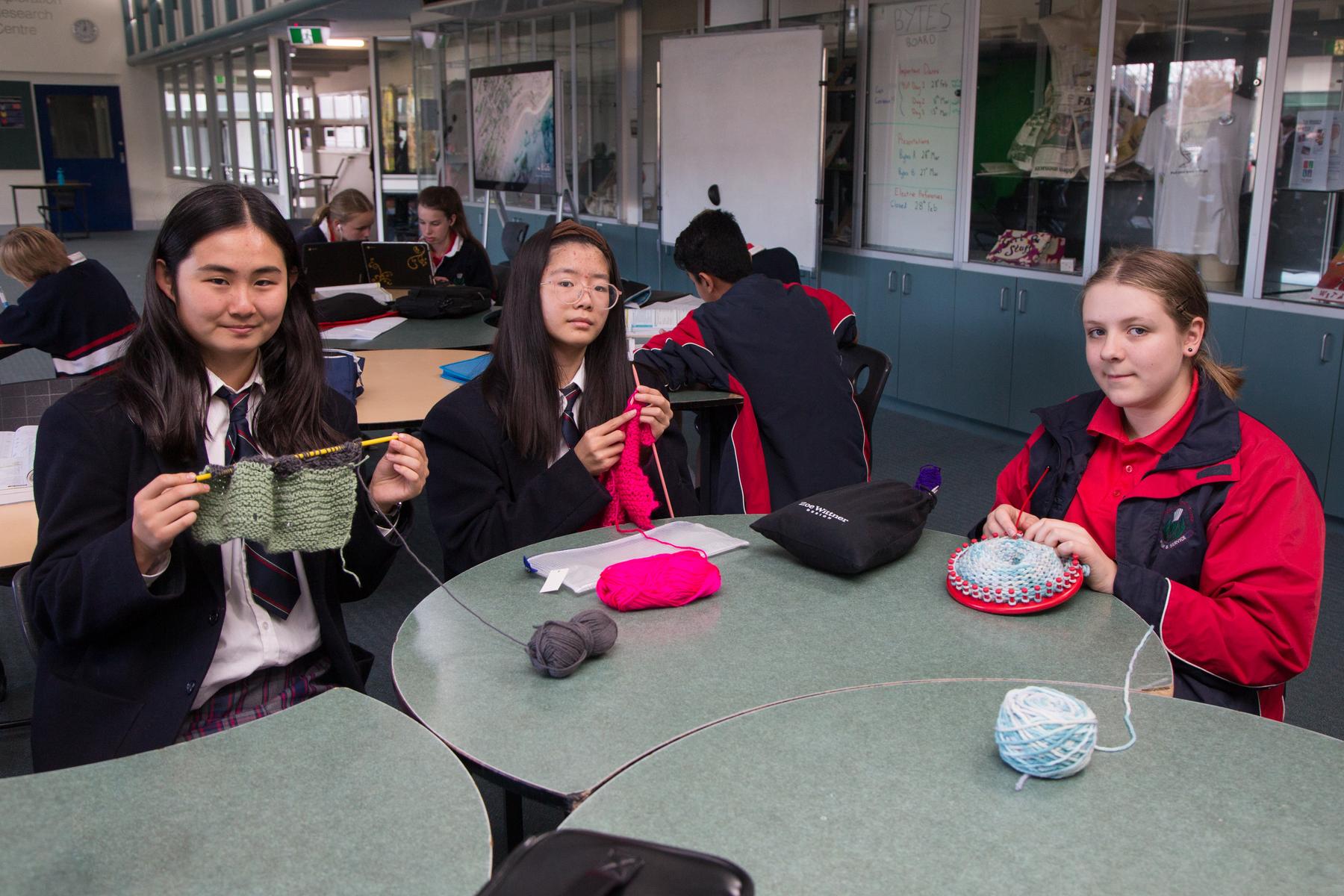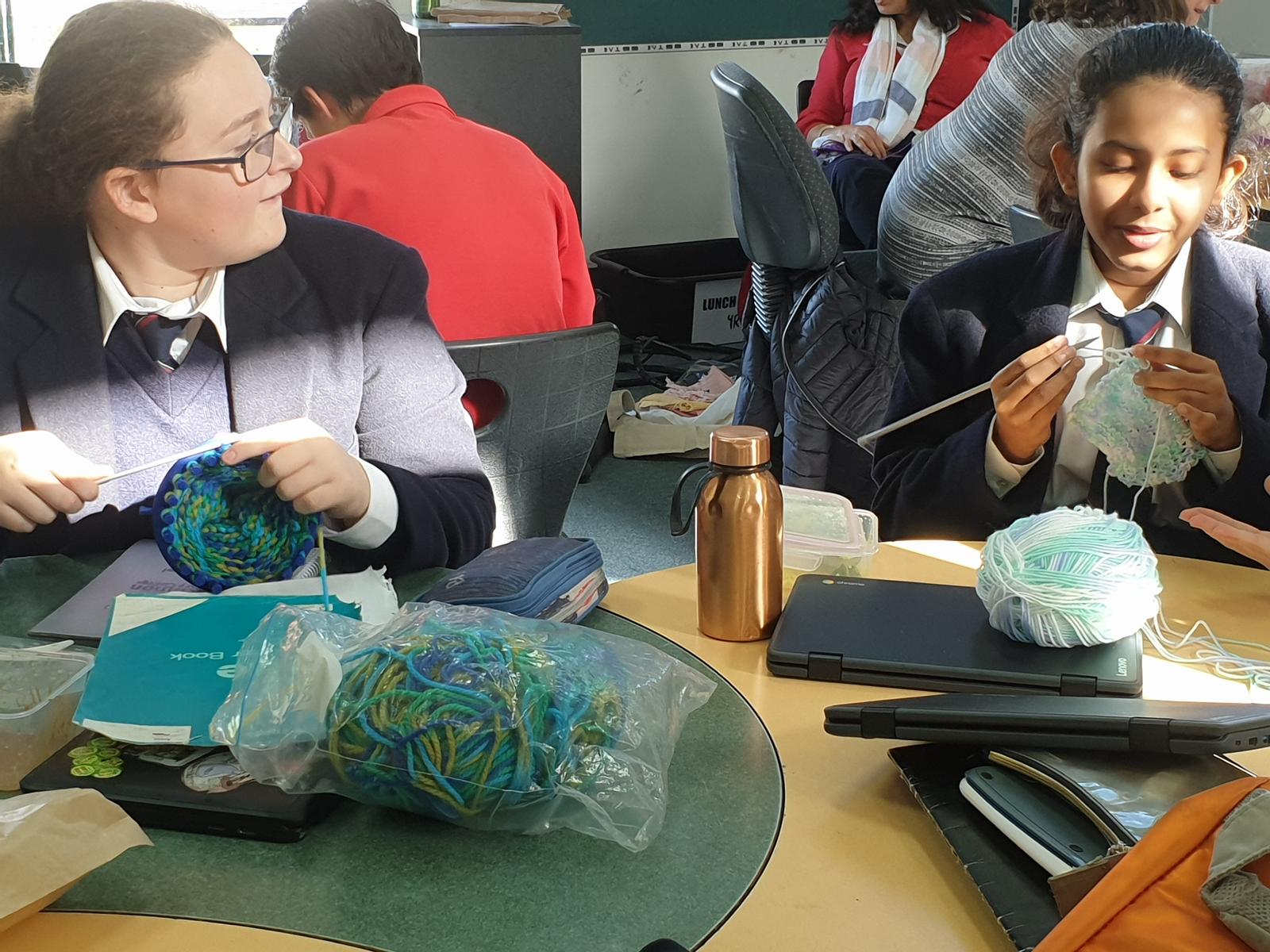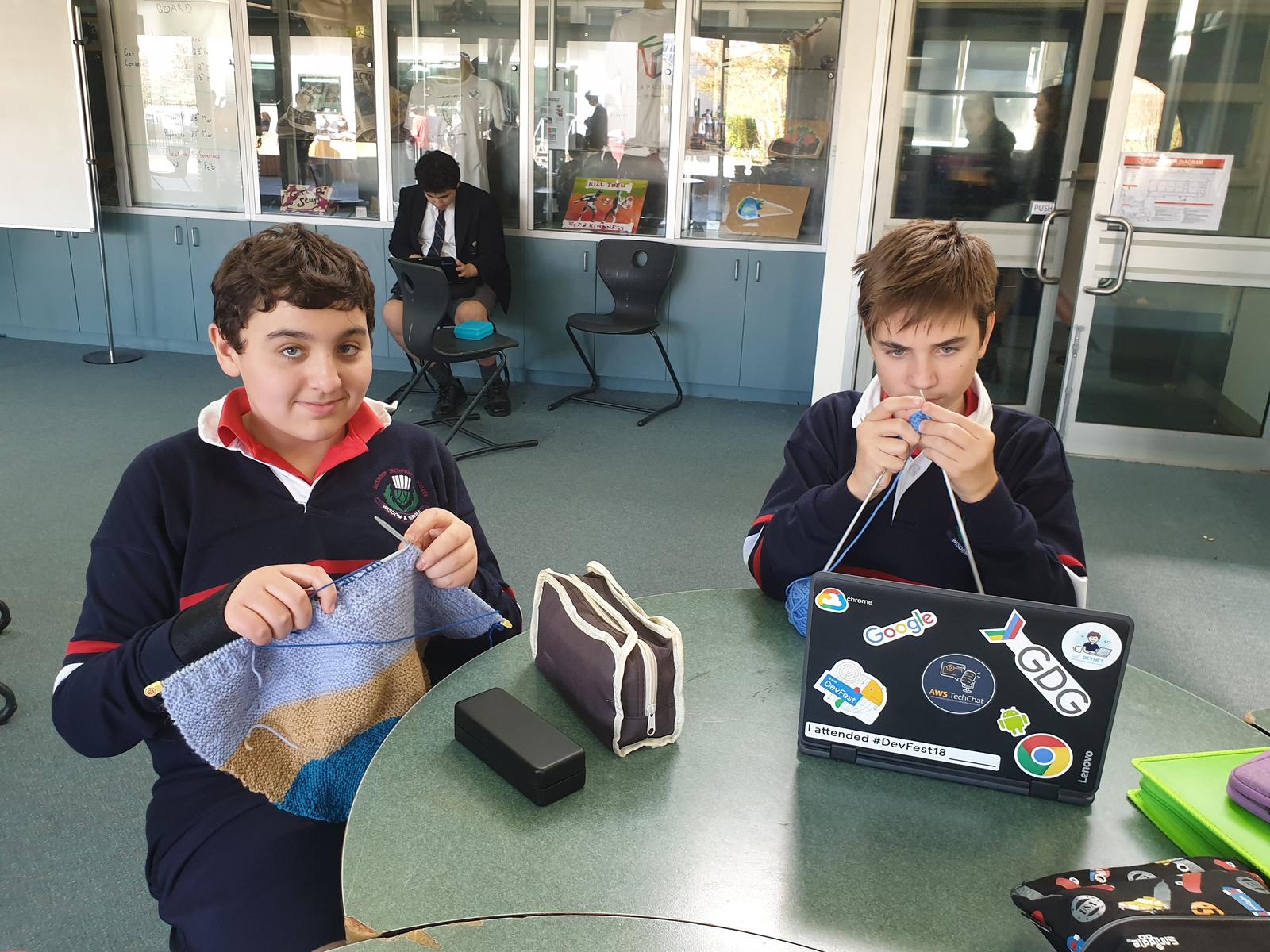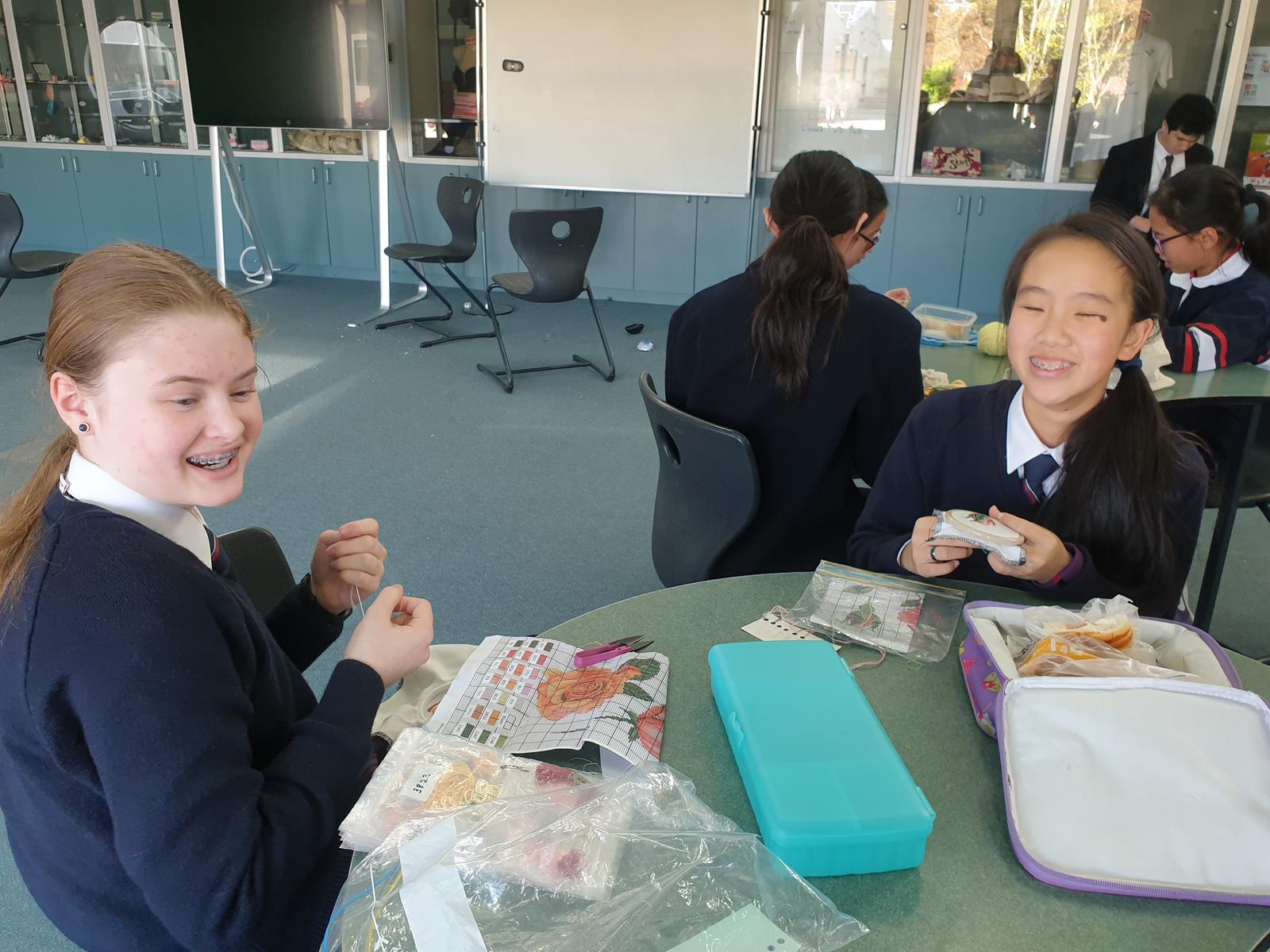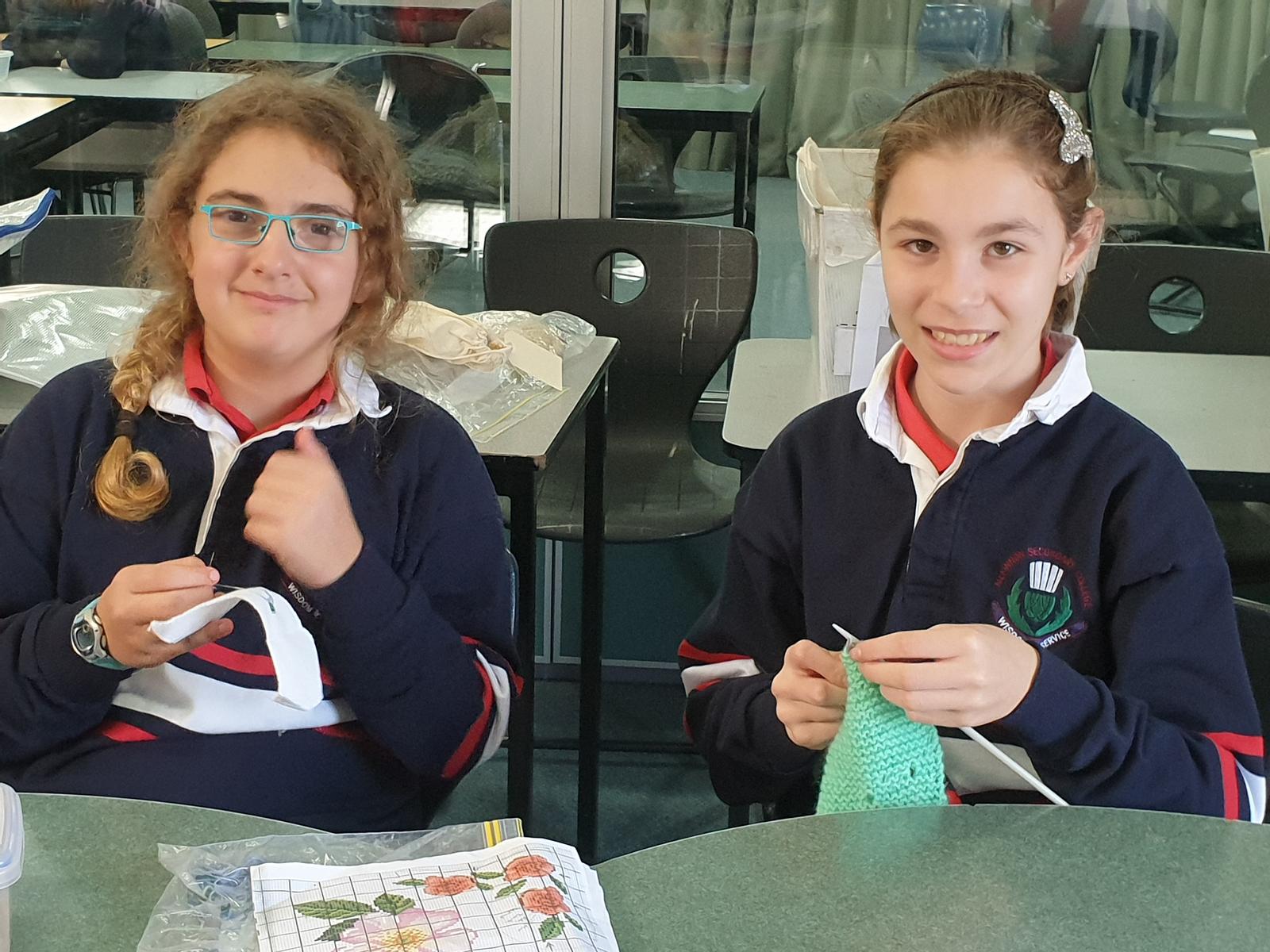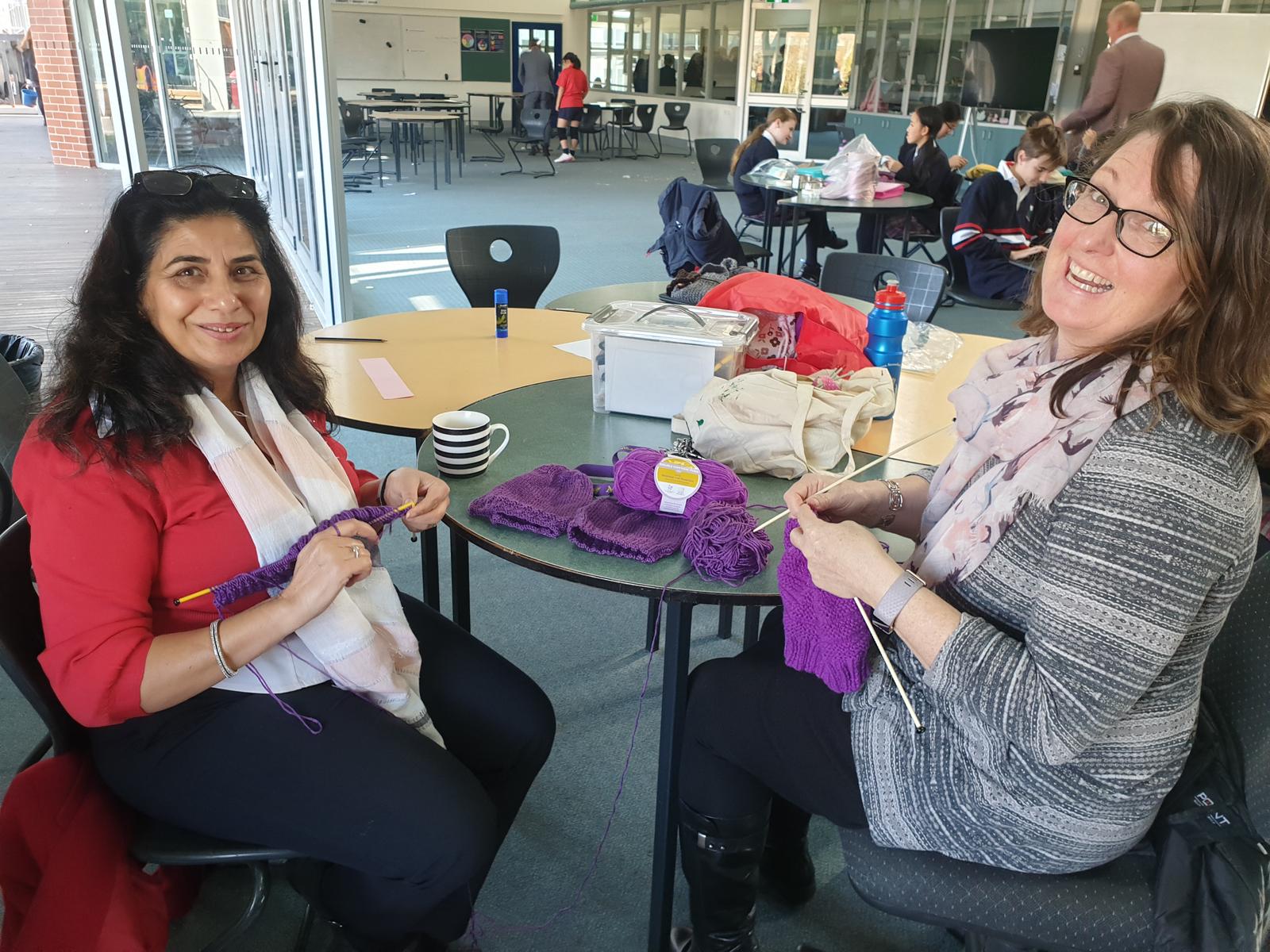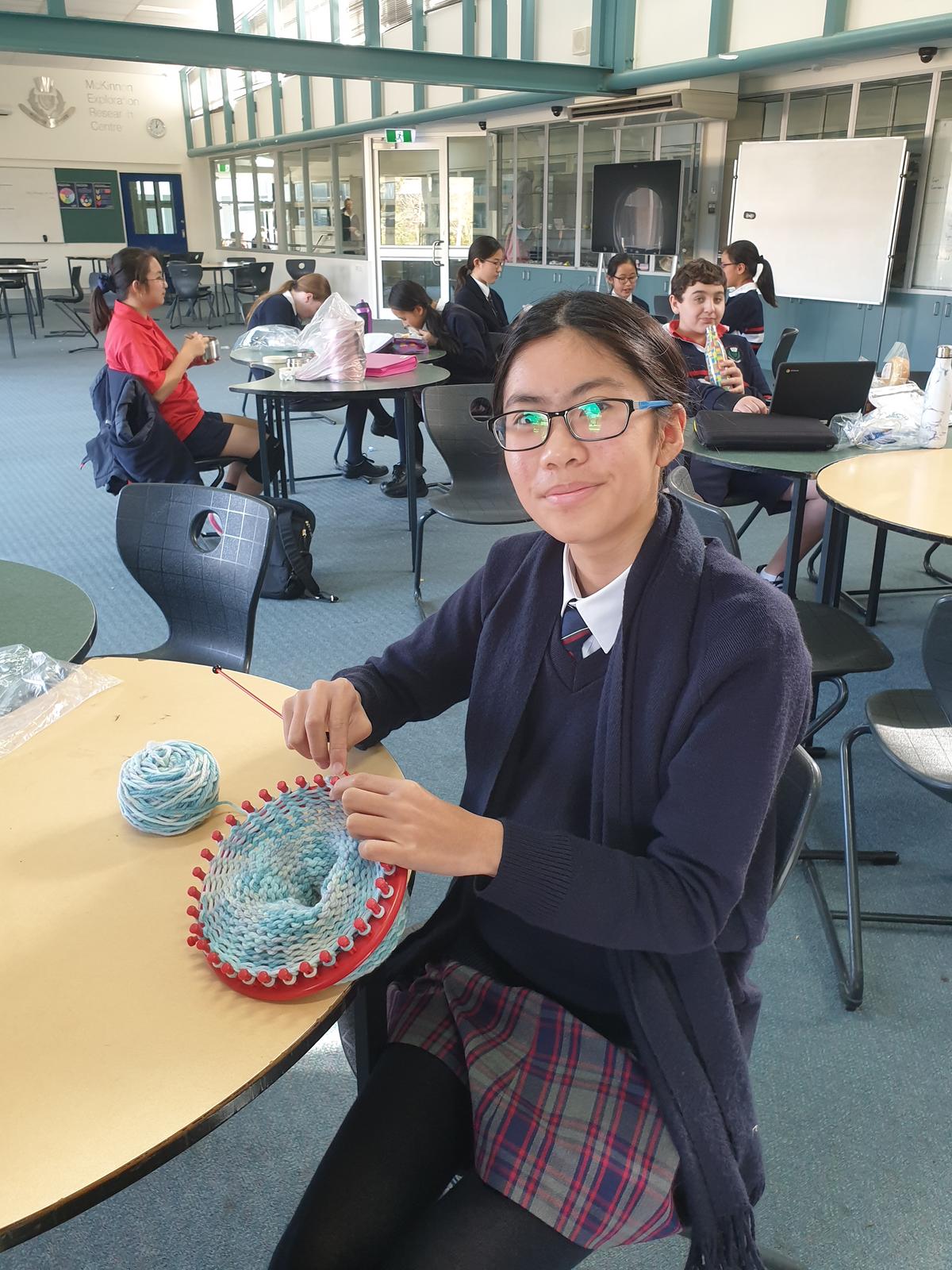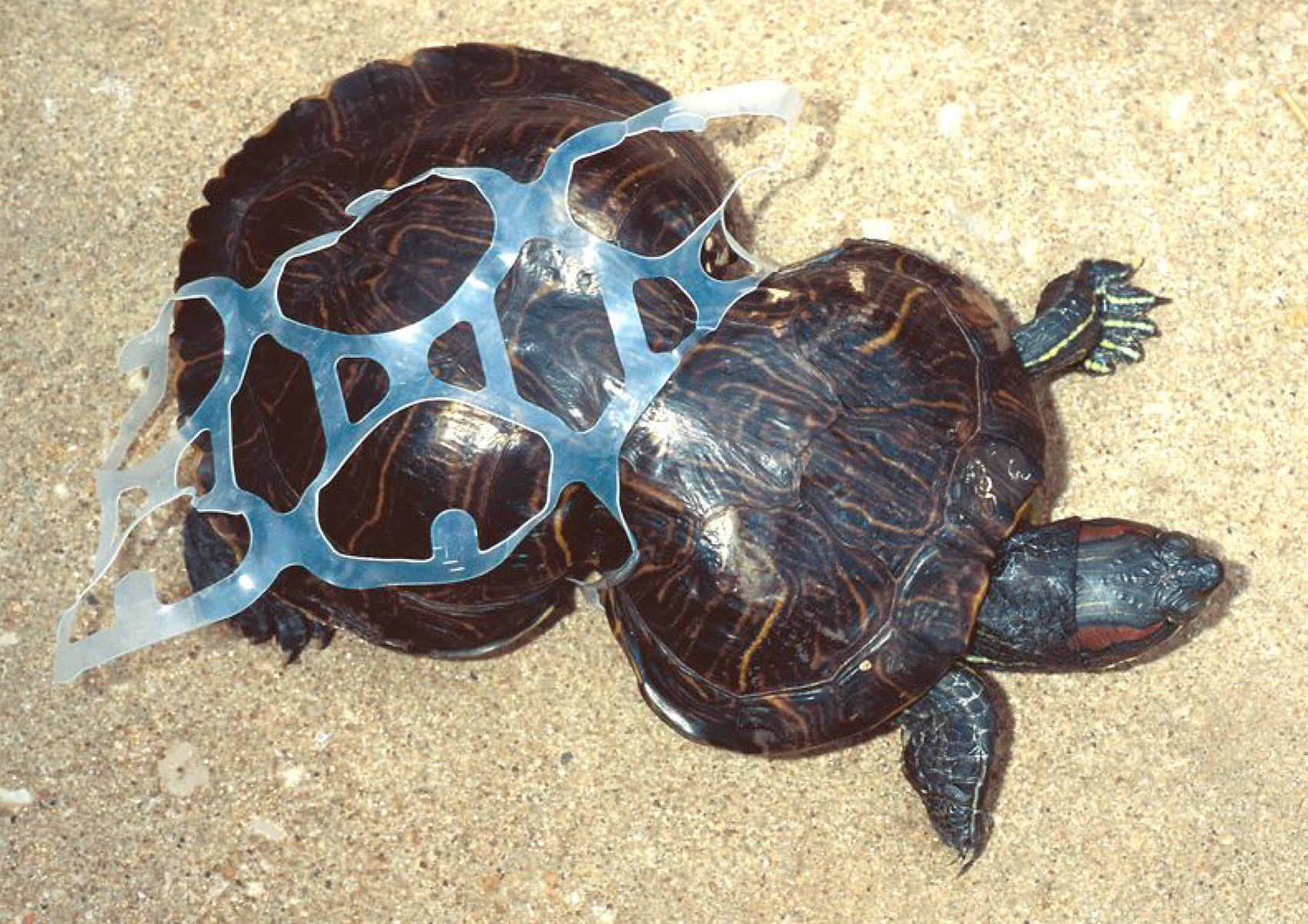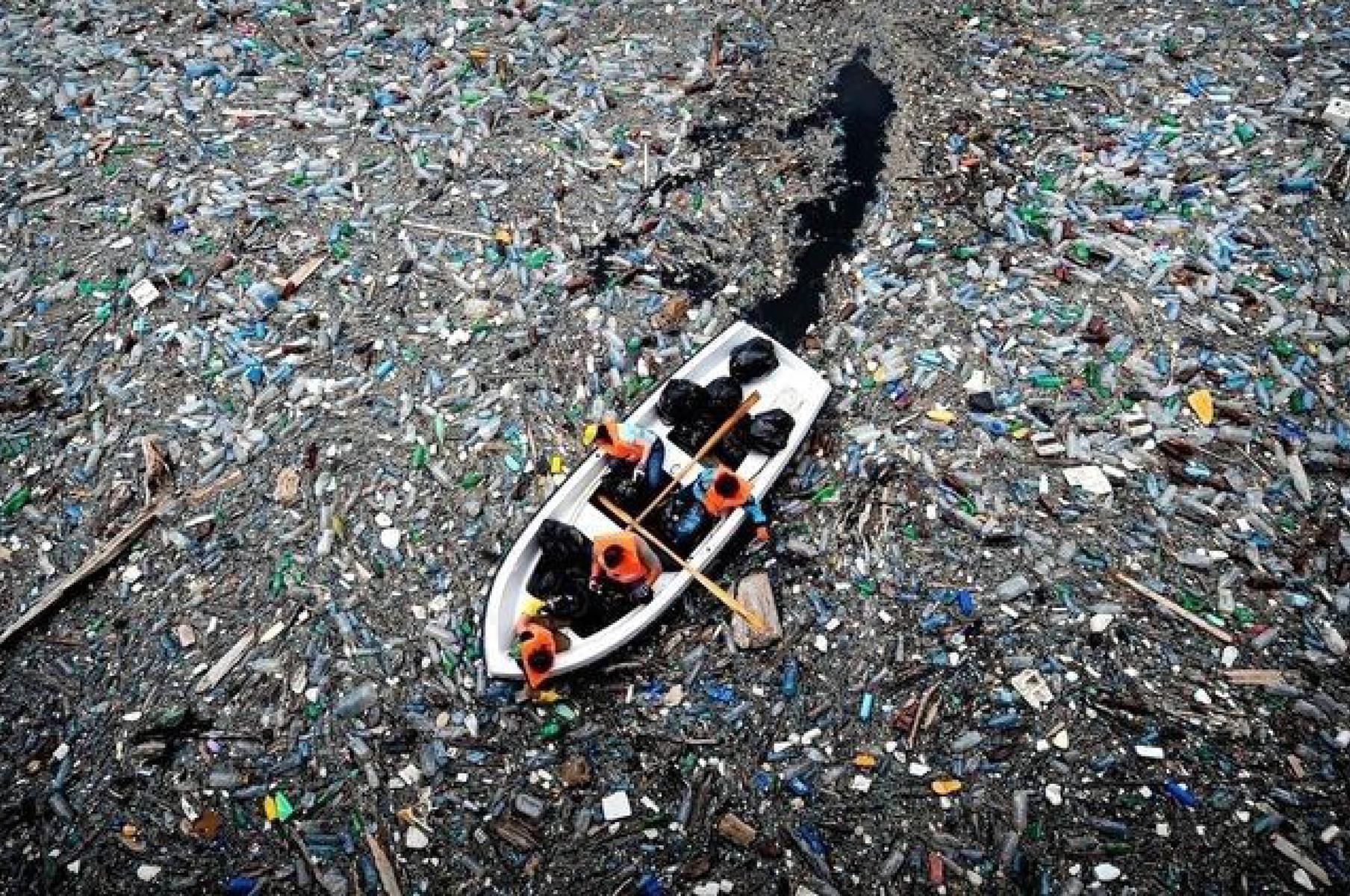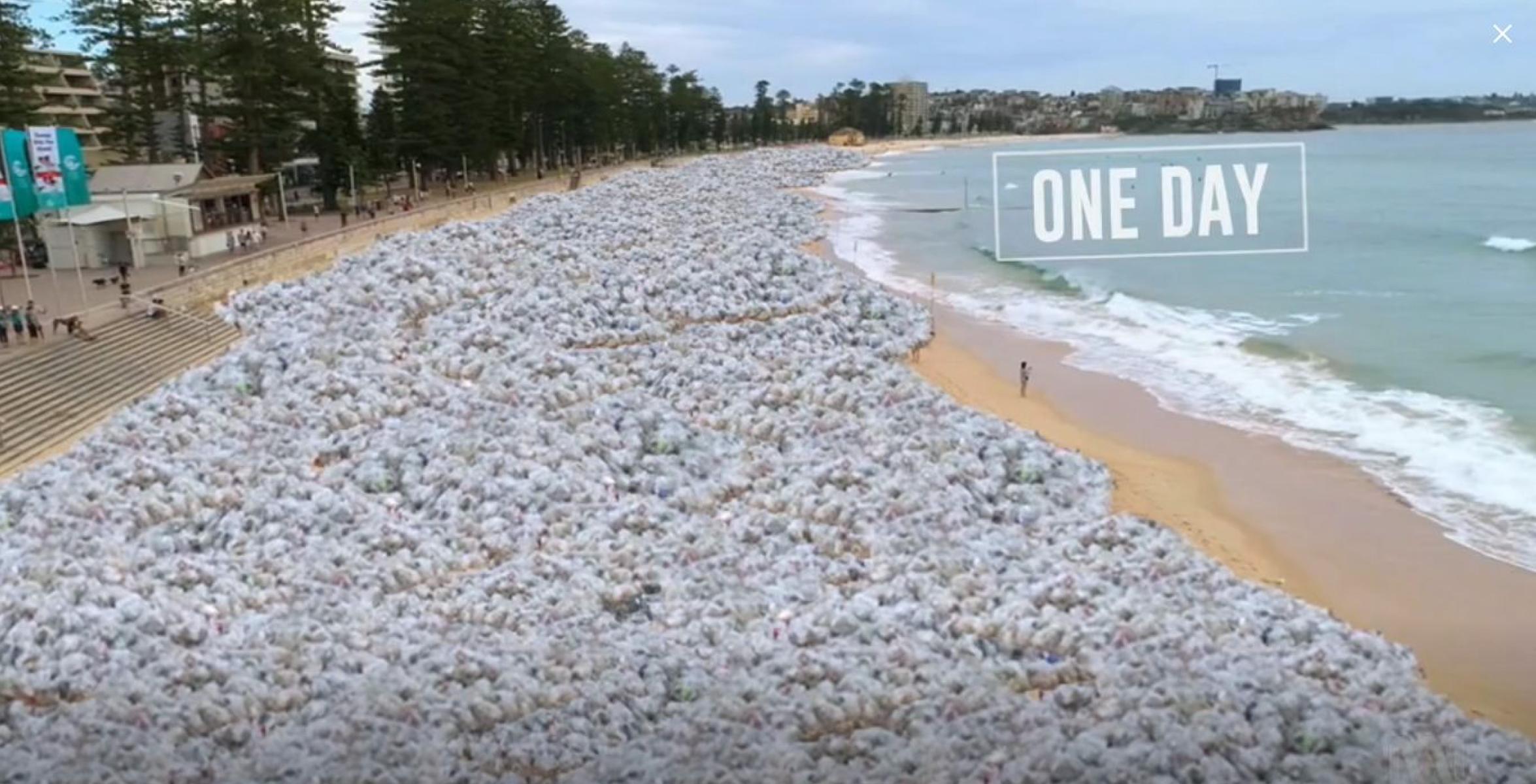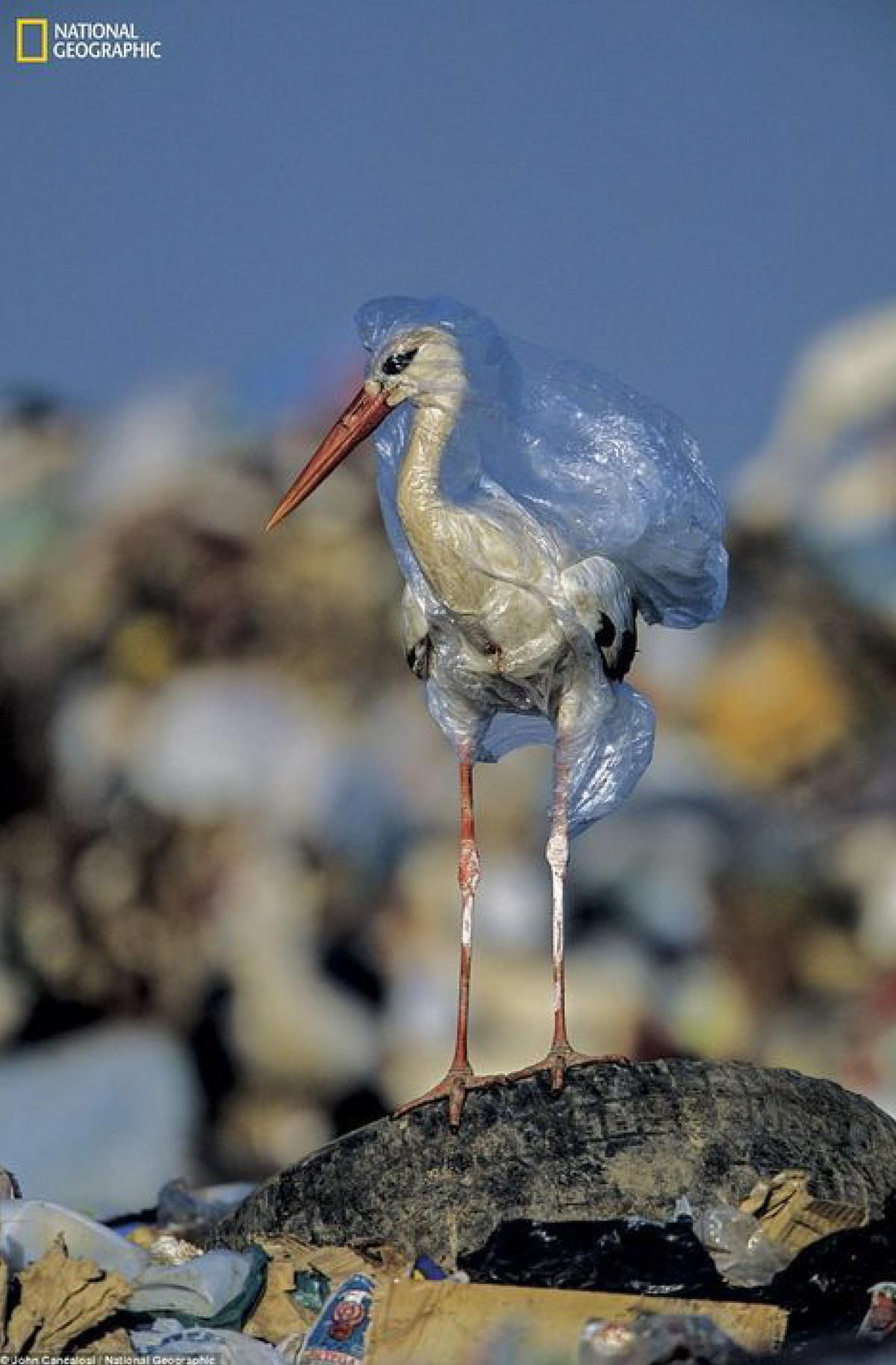SCHOOL NEWS
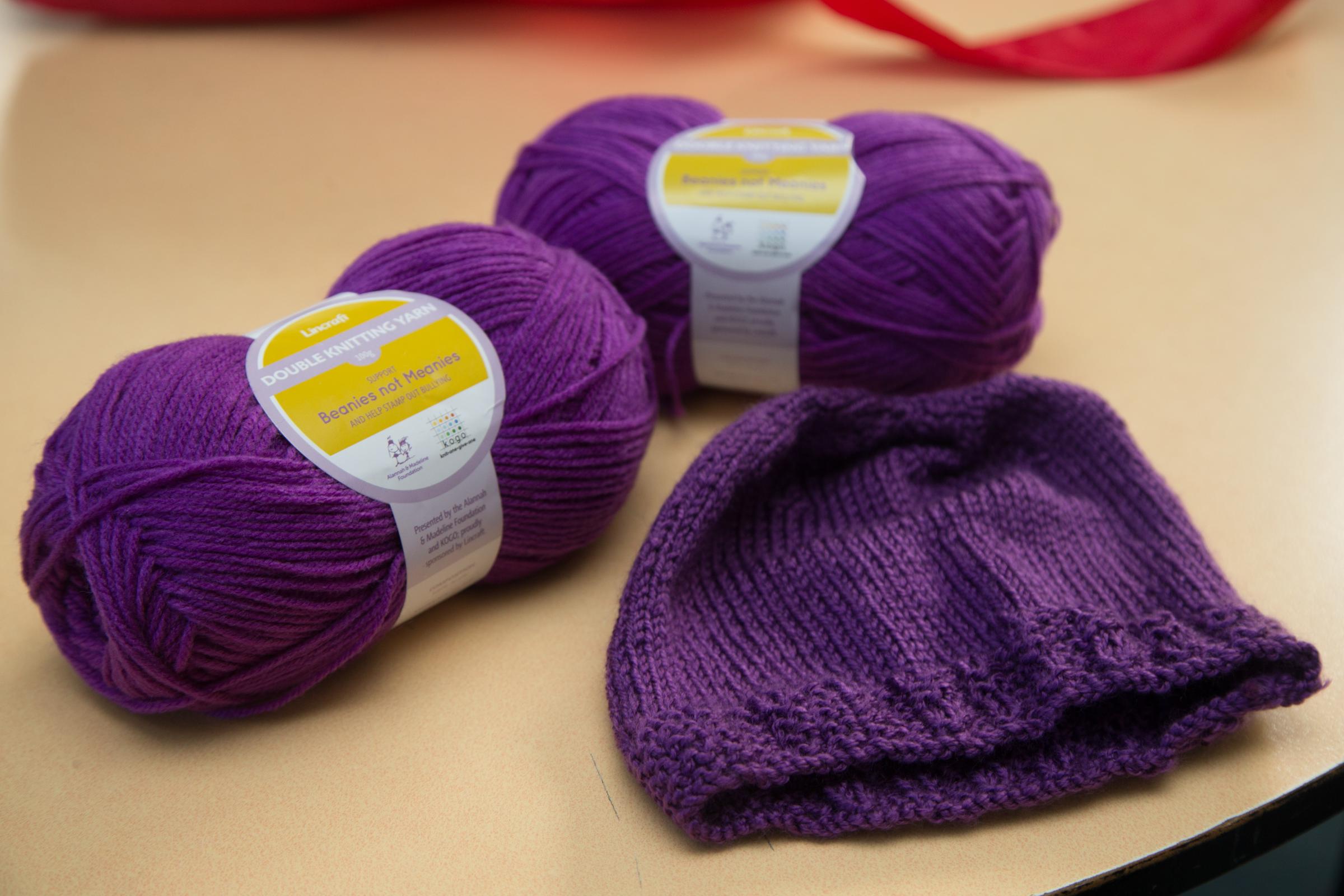
KNITTING CLUB
Knitting Club is so much more than just knitting.
Currently, we have students trying their hands at Knitting, Loom Knitting, Crocheting, Cross-stitch and even one student showing us how felting is done! Our numbers have been growing since the start of term, and as we head into Winter, we are expecting a few more to head to this indoor past-time.
What is even more encouraging to watch is the relationships being made and developed. Just like the sewing and quilting bees of old, students are busy socialising while working on their chosen projects.
Meanwhile, Mrs Gill and Mrs Nayyar are leading the charge, knitting purple beanies for the "Beanies not Meanies" Anti-Bullying Awareness Project being run by the Alannah & Madeline Foundation in partnership with Lincraft. The completed beanies will go inside the Alannah & Madeline Foundation's Buddy Bags which are filled with basic, essential items for the thousands of children in emergency accommodation - a gift to children going though one of the worst times of their lives.
Ms D Hatch
Knitting
Boys Knitting
Cross-Stitch
Cross-Stitch & Knitting
GIL & NAY Beanies not Meanies
Loom Knitting
McKINNON WAR ON WASTE
As part of World Environment Day (Wednesday 5 June) the Environment Club and Senior School Council have launched a “War on Waste”, encouraging the McKinnon community to cut down on unnecessary plastic waste.
This is how much plastic waste Australian households combined produce every single minute of the year.
Over time, this adds up.
Because plastic is a miracle material used in everything, we don’t think about it a lot, it just appears and then we throw it away. Unfortunately, it doesn’t just disappear. It’s built to last taking 500-1000 years to break down. Even so, 40% of plastics are used for single use packaging.
80% of plastic isn’t recycled in Australia and it ends up saturating our natural environment. It is estimated by 2050, there will be more plastic in the ocean than animals.
In 2015, 90% of seabirds had plastic in their stomachs and marine life starving to death after consuming plastic becomes more and more common, such as the whale that washed up on the Philippines coast on 19 March which had eaten 40kg worth of plastic bags.
This is especially an issue in Australia, where we have some of the most diverse flora and fauna in the world in the Great Barrier Reef and Great Australian Bite.
You can support our initiative by:
- Cutting down on plastic wrap, aluminum foil and sandwich bags which are made from energy intensive resources and then go to waste and instead using tupperware/reusable containers.
- Purchasing a reusable water bottle, as bottled water has to be pumped out of the ground, packaged, transported and chilled before it gets to us, then the bottle takes 450 years to decompose and only 7% of them are recycled in Australia. All the while, you can get it from a tap, for free, with a reusable water bottle.
For students interested in sustainability, Environment Club is on Fridays in room L01 (Adjacent to the library) (Except this week, we will be meeting in B1/B2).
Myles Kelemen
Senior School Council President

